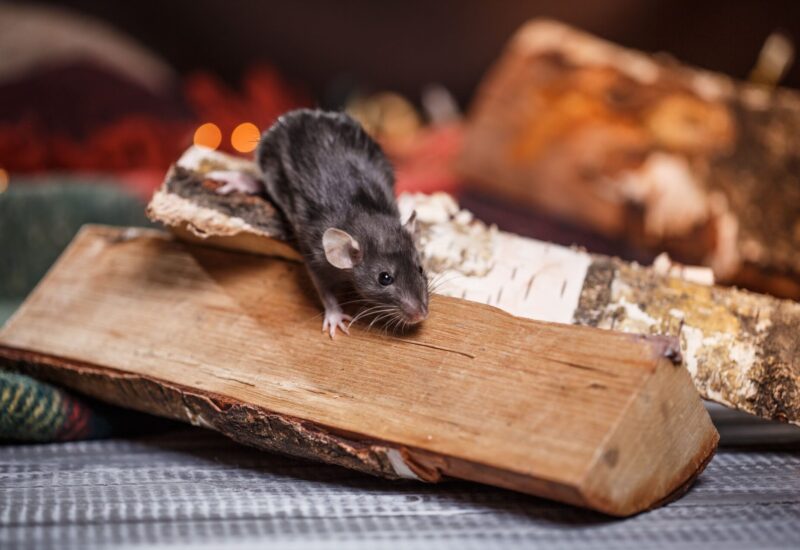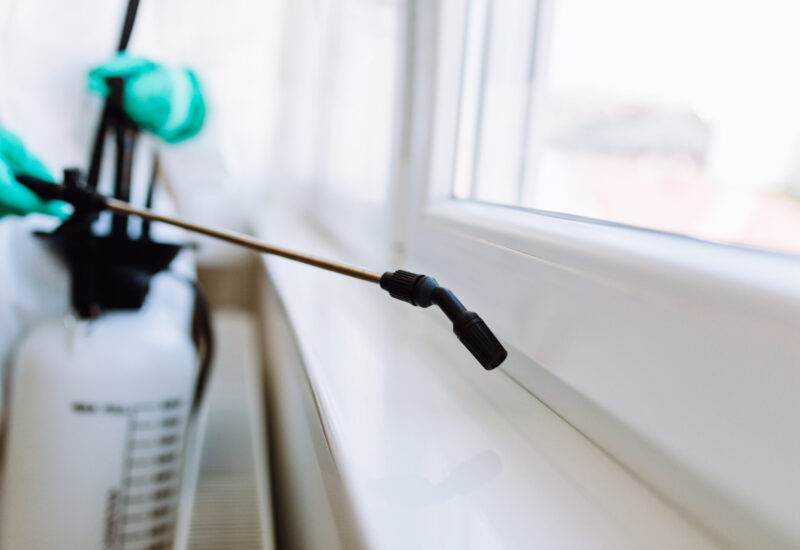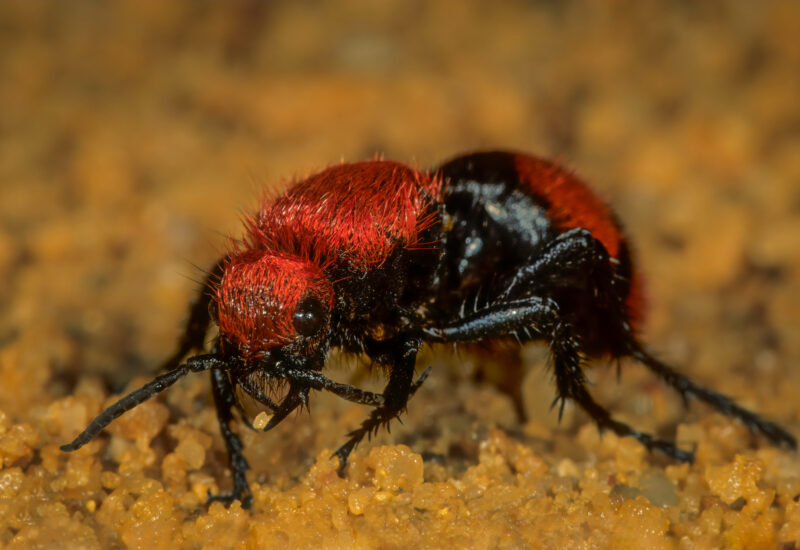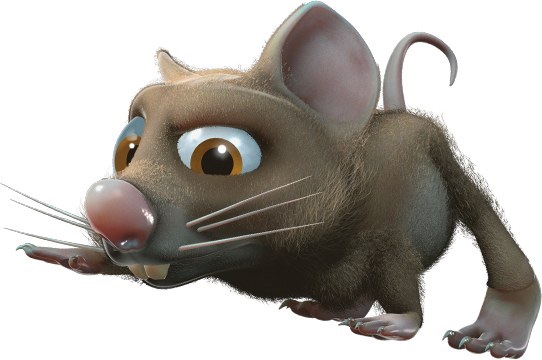Bugs Commonly Found in Massachusetts

Learn About Some of the Most Common Pests in Massachusetts and What to do About Them
At one time, Massachusetts had a reputation as one of the buggiest states in the country. Today, modern pest control has made great strides in controlling the insect population. Still, the Bay State is home to more than a thousand species of bugs, many of which are more than willing to migrate indoors when conditions are right.
With more than 35 years in the business, Catseye Pest Control has seen (and treated) it all. Knowing what you might be facing and how to treat and prevent infestations is half the battle. The other half is working with a pest control company you can rely on.
What are the most common insects of Massachusetts? Take a look at six culprits that are encountered the most, along with some preventive tips to keep you and your home or business safer from invasion.
Ants
Ants aren’t just common house bugs in Massachusetts, they are also the single most common pest in homes across the country. Ants can be as tiny as 1/16-inch to as large as 1 inch, with black, red, or brown, hourglass-shaped bodies. They thrive in warm, moist areas near food sources.
Some species are relatively harmless, but others, like the carpenter ant, can create extensive structural damage. Additionally, pavement ants can bite or sting, they can also access pantry foods — leaving the food unsafe to consume.
How You Can Help Prevent an Ant Infestation
One of the best ways to prevent ants from invading your home is by avoiding anything that may attract the pest. Promptly clean up any spills, keep food in airtight containers, and regularly sweep up any crumbs. Sealing cracks, openings, fixing leaks, and replacing moisture-damaged wood can also help keep these pests out of homes and businesses.
It’s also important to keep bushes and other vegetation trimmed away from the building, which would allow sunlight to hit the structure.
Hornets and Bees
More than 200 species of bees, wasps, and hornets call Massachusetts home. From Cape Cod to the North Shore and beyond, these pests can affect homes, businesses, and other properties. Most species create nests outdoors, typically along outside walls and eaves. They can damage structures, cause physical pain, and trigger allergic reactions.
Yellow jackets, paper wasps, and bald-faced hornets are the most commonly threatening species.
Some species look scary, but they don’t harm humans and pets. Cicada killers, for example, can grow up to 1.5 inches long and rarely bite. They do, however, create nests in the ground and potentially damage lawns.
It’s important to understand that, bees, wasps, and hornets are good for the eco-system. That’s why working with Catseye safely handle nest removal.
Catseye is committed to saving the bees, which is why we have often worked with local beekeepers to safely re-home pollinators, such as honey bees.
How You Can Help Prevent a Bee, Hornet, or Wasp Infestation
Keeping landscaping away from homes and buildings reduces food sources near potential nesting sites. Opting for treated wood or synthetic materials and capping exposed wood can reduce the chances of getting carpenter bees.
Bed Bugs
In 2019, Boston ranked among the most bed bug infested cities in the United States. In the years since then, Beantown has made strides in controlling this pest. However, it remains one of the common house bugs in Massachusetts — and bed bugs are a problem that homeowners can’t tackle on their own.
These tiny blood-sucking insects can spread easily by hitchhiking on personal belongings, allowing humans to unknowingly carry them from other locations into their homes. Bed bugs are small pests that like to dwell in dark crevices, including mattresses and box springs. They come out at night to feed, usually on humans, but they may also feed on animals, including birds, rodents, and household pets.
How You Can Help Prevent a Bed Bug Infestation
Using protective covers on mattresses and box springs, vacuuming frequently, reducing clutter, and inspecting upholstered items like furniture and luggage can aid in prevention.
Spiders
Three of the most common spiders in Massachusetts include house spiders, daddy long legs, and wolf spiders. House spiders and daddy long leg spiders are a little creepy to encounter, but most homeowners throughout Massachusetts are more intimidated when they come across wolf spiders.
These common arachnids are large and hairy with gray or brown striped bodies that look scary, but are typically harmless. Spiders may come indoors to find warmth and shelter, and they commonly nest along walls, under furniture, and near the floor.
How You Can Help Prevent an Infestation of Spiders
Exclusion is one of the most effective preventive measures you can take. Seal off potential entry points like cracks and holes. Cover vents with fine mesh and caulk around electrical components, cables, and fixtures that go from indoors to outside. Storing food in airtight containers, eliminating clutter, and regularly cleaning areas help eliminate hiding places and create an unwelcoming environment for these eight-legged creatures.
Ensuring there are no other insects or insect-related issues that could attract spiders in search of food is also an important step to take.
Mosquitoes
There are approximately 3,000 species of mosquitoes around the globe — 51 of those call MA their home. Appearing in the spring, or as the winter temperatures break and begin to warmup, this pest has been known to ruin outdoor activities for many. Female mosquitoes will lay their eggs on the surface of stagnant water as damp or wet conditions are what the pest seeks out.
How You Can Help Prevent a Mosquito Infestation
Addressing potential problem areas such as tarps, flat roofs, and clogged rain gutters is important as these areas tend to collect stagnant water and can serve as a breeding ground for mosquitoes.
Cockroaches
The most common species of cockroaches found in MA (and across the United States) are German cockroaches, American cockroaches, Oriental cockroaches, and brown-banded cockroaches.
Cockroaches in a home or business have been linked to asthma and other issues with allergies. As the pest sheds its skin and excrement, it can trigger allergies after becoming airborne or coming into contact with a person’s skin. Cockroaches also carry bacteria and pathogens that allow them to spread things like salmonellosis, gastroenteritis, dysentery, and E. Coli.
These bugs are enough to make your skin crawl, whether you’re a resident or business owner in Framingham, Tewksbury or another part of the state. Or make your stomach turn knowing that they can also contaminate the food stored in our homes by crawling over counters, through cabinets, and pantries while searching for food.
How You Can Help Prevent a Cockroach Infestation
Even the cleanest home or business can succumb to a cockroach infestation. It’s important to cleanup any crumbs left behind in the kitchen, even the smallest amount can be appetizing to the pest. Cockroaches also search for a water source, so repairing leaky pipes or faucets is also important.
Remove, Treat, and Prevent Common Bugs of Massachusetts
Although do-it-yourself efforts can sometimes help to mitigate an infestation, when you’re dealing with an infestation of any type, it’s best to turn to a professional for safe, effective help.
Catseye has decades of experience dealing with these Massachusetts pests and far more. Trained technicians can assess your unique situation and create a solution tailored to your needs.
Our pest control methods begin with an inspection of the property, identifying pests that have taken over, areas of issue throughout the property, and the best way to rectify the situation. Solutions like Exclusion Systems, monitoring programs, Platinum Home Protection, and other exclusive techniques can be used to protect your property.
Contact us online today to schedule a free inspection of your residential or commercial property. For immediate assistance, call us at 888-505-5473.






